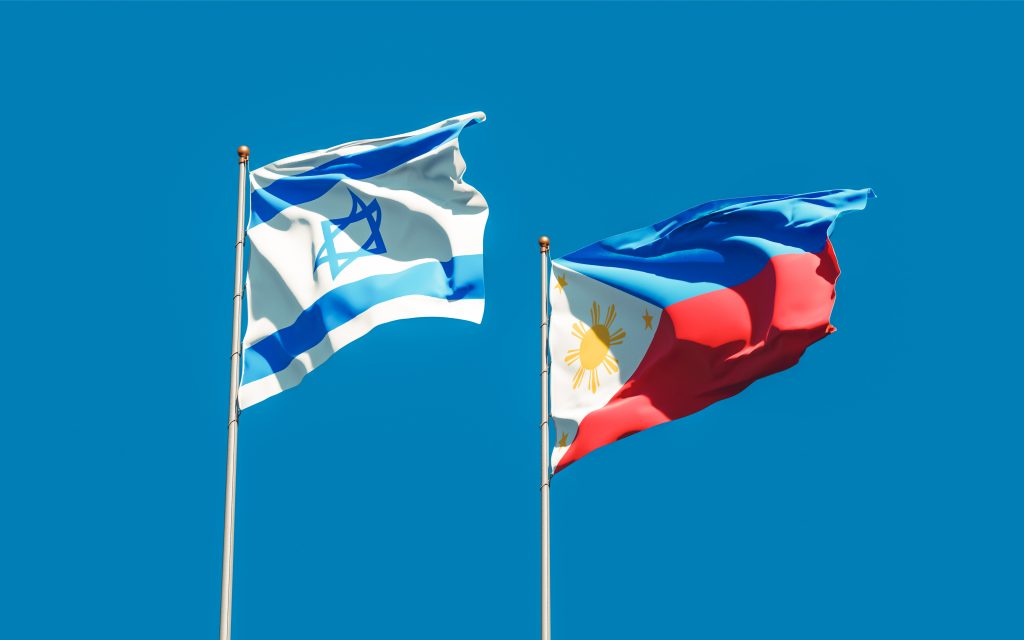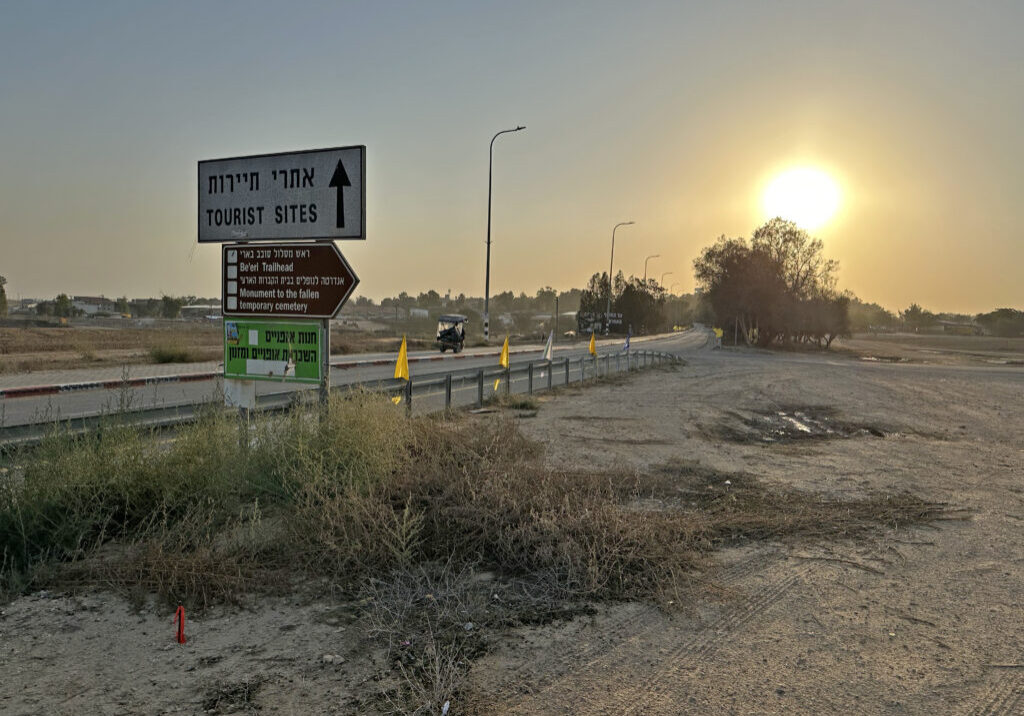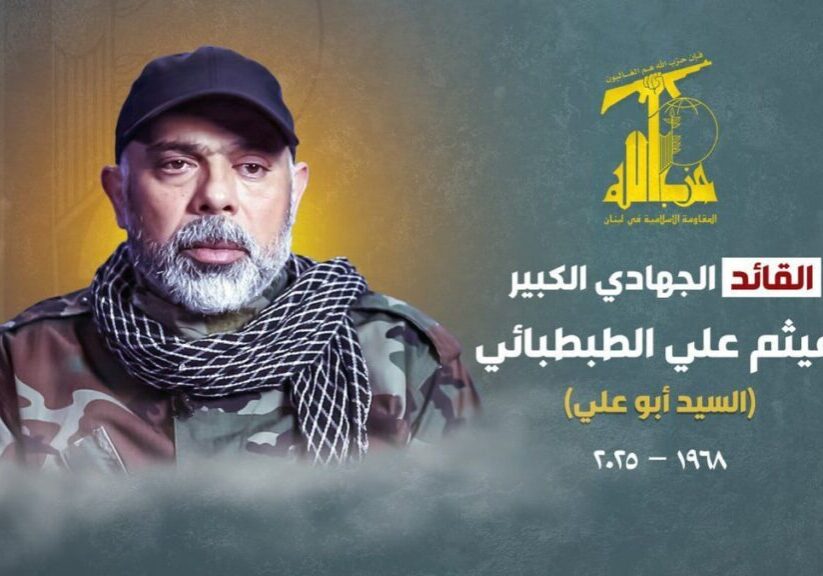Australia/Israel Review
Asia Watch: Distant friends
Sep 30, 2022 | Michael Shannon

With his administration barely two months old, new Philippines President Ferdinand Marcos Jr is making his first foreign policy moves, reaffirming traditional ties in the region but also looking to deepen ties with a distant ally.
Like his predecessors, Marcos chose neighbouring countries from the Association of Southeast Asian Nations (ASEAN) as his first foreign destinations. Indonesia and Singapore exemplify the new Filipino President’s aspiration to pursue an “independent” foreign policy. The de facto leaders of ASEAN in recent decades remain officially non-aligned, maintaining strategic ties with both the US and China.
Also high in the Marcos Administration’s priorities is its long-standing relationship with Israel, which dates back 65 years to 1957, when Israel began providing capacity-building programs for Filipinos in agriculture. Embassies were opened in Tel Aviv and Manila in 1962.
The two countries are planning to increase cooperation after discussing agriculture, trade and economics, overseas Filipino workers in Israel, innovation and technology, defence and tourism in their 12th Joint Commission Meeting held in Manila on Sept. 5. The political dialogue was led by the Philippines’ Foreign Affairs Assistant Secretary Alfonso Ver and Israel’s Ministry of Foreign Affairs Deputy Director General for Asia and the Pacific, Rafael Harpaz.
“The Israeli delegation emphasised building bridges of innovations between the two countries in the areas of agritech, watertech, cybersecurity, ICT and connectivity, and more. Also included in the agenda is the topic of counterterrorism and the expansion of the defence cooperation between Israel with the Philippines,” the Israel Embassy in Manila said in a statement.
The delegations also discussed regional and international developments, particularly in the Middle East, Iran and the West Philippine Sea, according to local reports.
The expansion of bilateral defence and military relations was the focus of a recent meeting between Philippines Department of National Defence officer-in-charge Undersecretary Jose Faustino Jr. and Ambassador of Israel to the Philippines Ilan Fluss. During their meeting, Faustino expressed a desire to further enhance logistics and procurement cooperation, and also appreciation for the invitations received by the Department to attend security-related conferences and summits in Israel.
Some prompt follow-up occurred with an anti-drone seminar, initiated by the Israeli Government, held in Manila on Sept. 12 and attended by members of various state forces, including the Armed Forces of the Philippines, the Philippine National Police and the Philippine Coast Guard. Spruiking its “top edge” defence system, the Israeli Government brought in several state-owned and private companies to offer not only technologies but also to share “best practices, and Israeli experience.”
Ambassador Fluss told reporters it was the “first major defence” seminar that Israel’s Defence Attaché to the country held, which only proved the “close cooperation” between Israel and the Philippines.
Another key area has been counterterrorism, with both countries having the threat of terrorism posed by Islamic State-linked groups at the top of their list of security priorities.
When former President Rodrigo Duterte made his historic visit to Israel in 2018 – the first by a Philippine president since the establishment of bilateral ties – counterterrorism collaboration had been talked about as among the areas of cooperation on the defence side. Philippine National Police (PNP) personnel have already undertaken counterterrorism training conducted by Israeli police at PNP headquarters.
Among the military hardware purchased by the Philippines in recent years have been Israeli armoured vehicles, firearms like Galil and TAR-21, the Soltam M-71 155 mm howitzer used by the Philippine Army and Marines and Spike-ER missiles from Rafael Advanced Defense Systems, the first surface-to-surface missiles to be mounted on Philippine Navy ships.
A key acquisition of late is a small fleet of Israeli-made missile boats to help secure the Philippines’ littoral zone – the area of sea that is close to the shore. With over 7,100 islands and continuing insurgent activity, this is a vast challenge.
The procurement of eight fast-attack interdiction craft-missiles (FAIC-Ms) from Israel Shipyards Limited for around US$175 million (A$260 million) is among the projects approved by former President Duterte in 2019 under the Horizon 2 List for the Revised Armed Forces of the Philippines modernisation program.
The 32-metre high-speed vessels are equipped with quick intercept ability, remote stabilised weapons and short-range missiles that are capable of delivering precision strikes against larger hostile craft and high-value targets on land and sea.
Tags: Asia, Israel, Philippines






